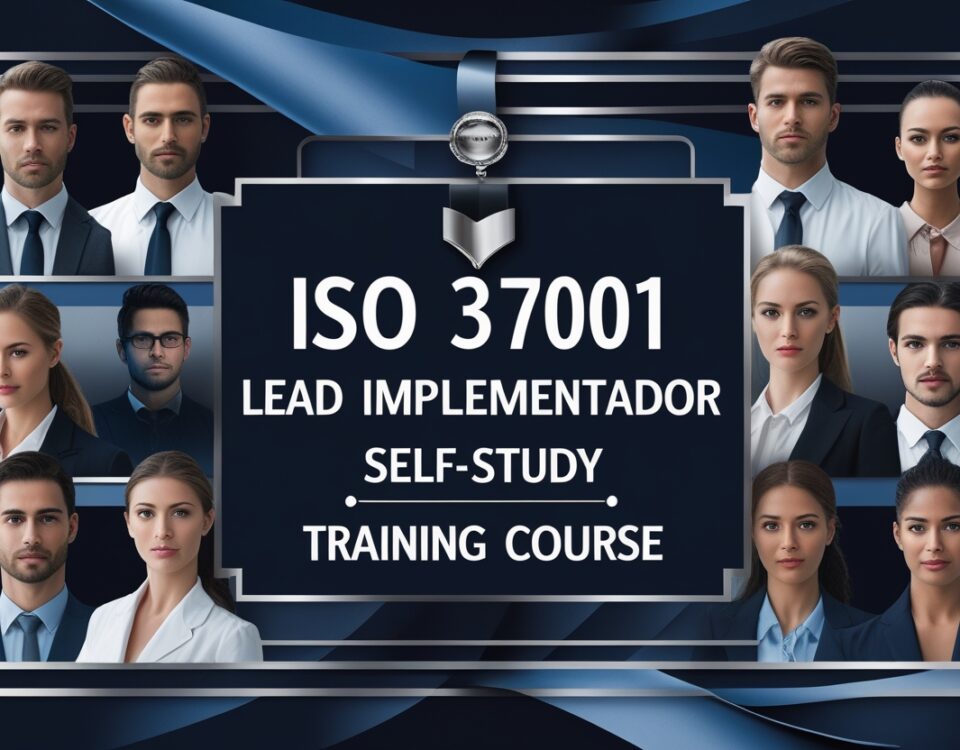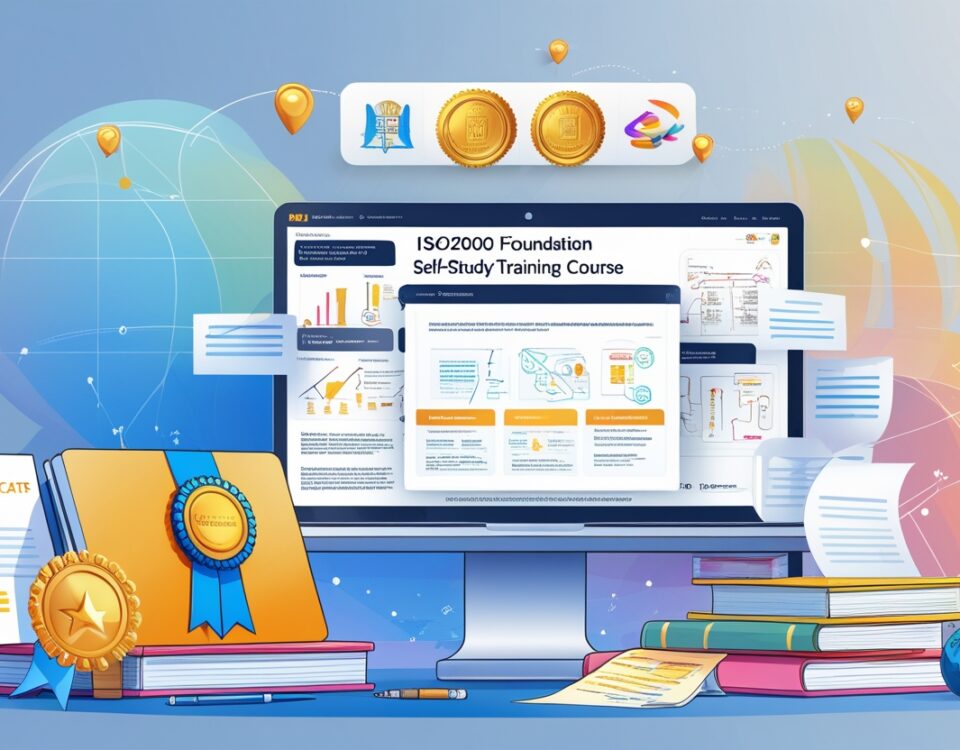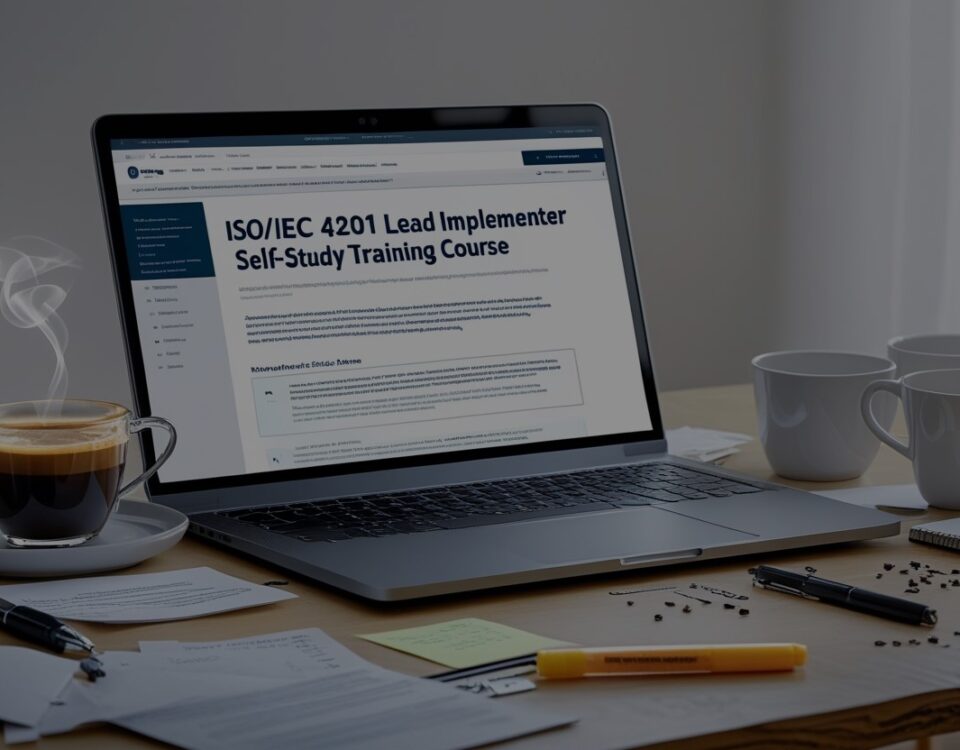Fundamental Principles and Concepts of a Service Management System (SMS)
This module provides an introduction to the key principles and concepts of a Service Management System (SMS), highlighting its role in ensuring efficient and high-quality service delivery. Participants will explore how an SMS improves customer satisfaction, optimizes resource management, and enhances service performance in alignment with business objectives.
Service Management System Requirements
Understanding the requirements of an SMS is essential for its successful implementation. This module covers the key elements of a structured SMS, including service planning, risk management, performance monitoring, continual improvement, and compliance with ISO/IEC 20000-1. Participants will learn how to establish and maintain an SMS that meets industry standards and best practices.
Fundamental Audit Concepts and Principles
Auditing is crucial for assessing the effectiveness of an SMS. This module introduces the fundamental concepts and principles of auditing, covering audit objectives, methodologies, and best practices. Participants will understand the role of audits in ensuring compliance, identifying areas for improvement, and maintaining a robust service management framework.
Preparing, Conducting, and Closing an ISO/IEC 20000 Audit
A systematic approach is required to evaluate compliance with ISO/IEC 20000. This module provides a step-by-step guide on planning, conducting, and closing an ISO/IEC 20000 audit, including gathering evidence, interviewing stakeholders, documenting findings, and implementing corrective actions. Learners will gain the skills necessary to perform effective service management audits.
Managing an ISO/IEC 20000 Audit Program
Beyond individual audits, organizations must implement a structured audit program to ensure ongoing compliance and improvement. This module focuses on developing and managing an ISO/IEC 20000 audit program, covering risk-based audit planning, execution, reporting, and follow-up processes. Participants will learn how to maintain an effective audit framework that supports continuous service improvement and regulatory adherence.






